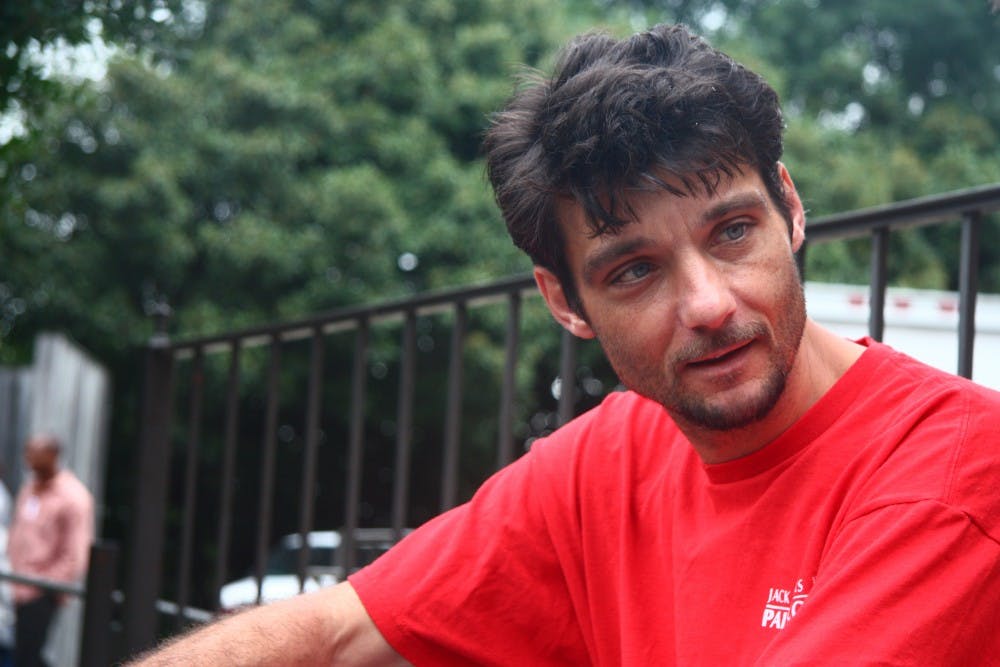Correction: The following story has been revised to correct an error that identified Thommy Owens as homeless. Although homeless in the past, Owens is no longer homeless.
Three campus organizations are collaborating to provide microloans to Chapel Hill’s homeless and economically disadvantaged.
The program, called the Community Empowerment Fund, gives borrowers $300 loans, provided they attend skill-building workshops about topics like writing and resume drafting.
The project started as a pilot program this summer with 18 applicants, and five borrowers were selected by the Homeless Outreach Poverty Eradication, Carolina Microfinance Initiative and the UNC Law School Center on Poverty, Work and Opportunity.
Their first interest meeting for volunteers was Sunday. Forty students attended, hoping to work as loan officers and advisers for people who don’t qualify for loans, said UNC senior Jon Young, co-chairman and resource development coordinator.
Chris Moran, executive director of the Inter-Faith Council for Social Service, which runs the homeless shelter on Rosemary Street, said that the savings accounts created for the homeless participants were the most important part of the program.
Moran said the homeless often have trouble with financial institutions. Writing one bad check can wreck their credibility to open an account.
“If all people could get out of this program was to have a bank account, I would be happy,” he said.
Up to $100 of the money deposited by the borrowers will be matched.
Initial funding has come from an undergraduate research grant and will be sustained by HOPE’s annual fundraiser.
Thommy Owens, a borrower in the program, said its success depends on the relationship between the borrower and the lender.
“Ninety percent (of homeless) don’t trust,” Owens said. “They’re scared of the law, which drives them away from meetings.”
Owens said he has grown to trust his loan officer, Young, who drove him home after his mother died. Another student cared for his brother — also homeless — after a surgery.
In addition to personal relationships, Owens said trust between the borrower and lender is improved because the loan officer is in charge of the savings account. Young became like an accountability partner, he said.
The program does not accept the high percentage of homeless with mental illnesses or debilitating substance abuse problems to ensure that loan defaults are kept to a minimum.
But while many homeless cannot qualify for the program, Young is developing a portfolio of resources within the community to which the rejected applicant can be referred if they’re not qualified.
“We are not only targeting the chronically homeless, but also people who are at risk of being transiently homeless,” said Maggie West, loan officer coordinator and co-chairwoman of HOPE.
Young said no borrower has defaulted, but no one has repaid the full amount either.
Contact the City Editor at citydesk@unc.edu.



